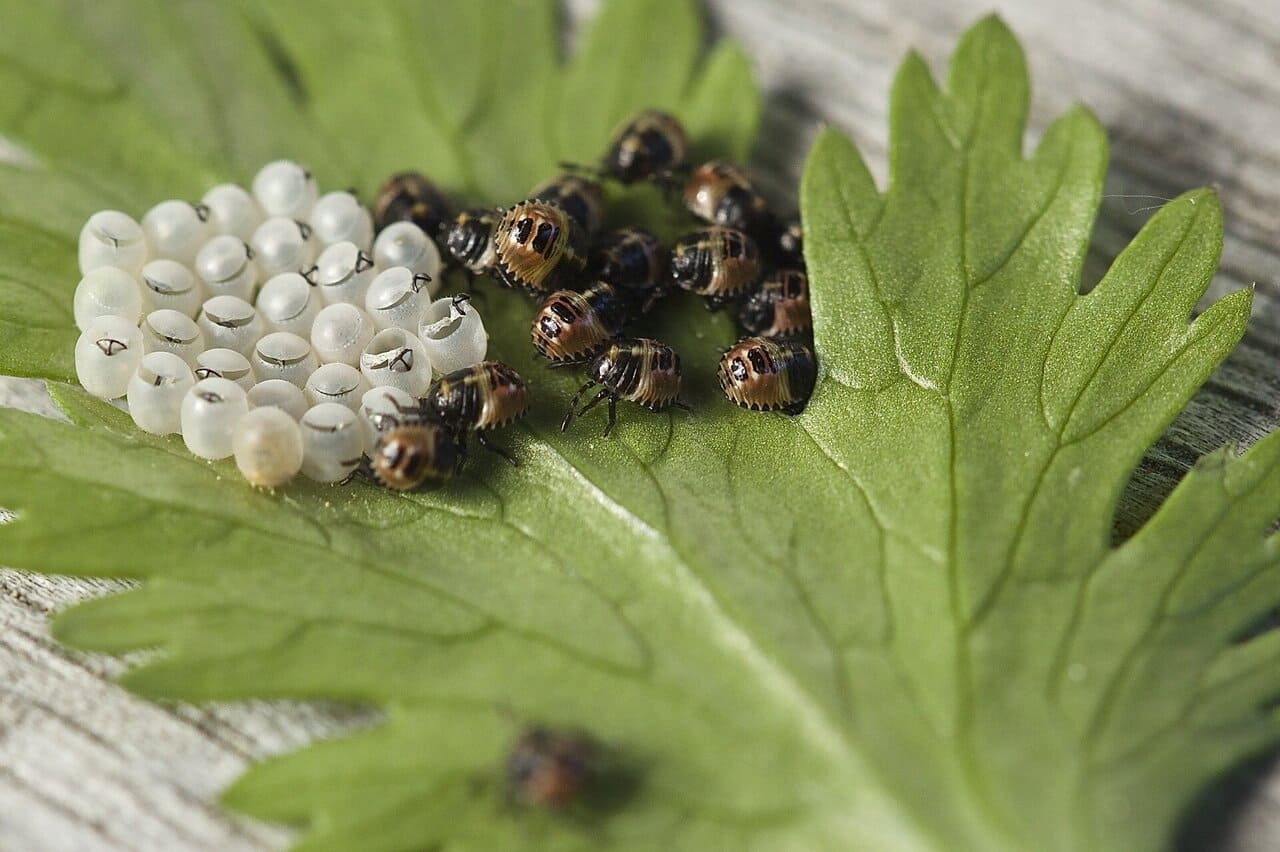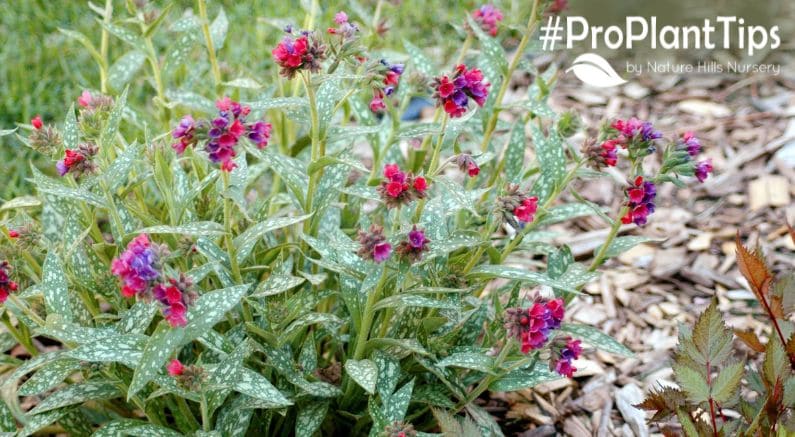Introduction
Embarking on a journey to cultivate a thriving garden is an adventure filled with excitement and challenges. Among the many intriguing aspects of gardening is the practice of messing about with egg on plant. In this article, we’ll delve into the intricacies of this technique, exploring its benefits, methods, and potential pitfalls. Whether you’re a novice gardener or a seasoned pro, join us as we unravel the mysteries of messing about with egg on plant.
Understanding Messing About with Egg on Plant
Messing about with egg on plant involves utilizing eggshells as a natural fertilizer and pest deterrent in garden soil. This eco-friendly practice not only enriches the soil with essential nutrients but also helps repel pests that can harm plants.
The Benefits of Eggshells in Gardening
Eggshells are rich in calcium carbonate, which serves as a valuable nutrient for plants, promoting healthy growth and development. Additionally, the abrasive texture of crushed eggshells acts as a deterrent for slugs, snails, and other garden pests, helping to protect delicate plant foliage.
Methods of Incorporating Eggshells into Garden Soil
There are several methods for incorporating eggshells into garden soil effectively:
- Crushed Eggshells: Crushed eggshells can be sprinkled directly onto the soil surface around plants or incorporated into compost bins to enrich the compost.
- Eggshell Tea: Eggshell tea can be made by steeping crushed eggshells in water and then using the resulting solution to water plants, providing a nutrient boost to the soil.
- Mulching with Eggshells: Finely ground eggshells can be used as mulch around plants to deter pests and gradually release calcium into the soil as they decompose.
Common Challenges in Messing About with Egg on Plant
While messing about with egg on plant offers numerous benefits, gardeners may encounter some challenges along the way. It’s essential to be aware of these potential pitfalls to ensure successful implementation of this technique.
Odor Concerns
One common concern when using eggshells in gardening is the potential for unpleasant odors as the eggshells decompose. However, proper preparation and application techniques can help minimize any unwanted smells.
Pest Attraction
In some cases, improperly managed eggshells may attract pests such as rodents or raccoons. To prevent this, ensure that eggshells are thoroughly crushed and integrated into the soil to deter pests rather than attracting them.
Nutrient Availability
While eggshells provide valuable nutrients to plants, their decomposition process is relatively slow, meaning that the benefits may not be immediately noticeable. Regular application and patience are key to maximizing the nutrient availability of eggshells in the soil.
Expert Tips for Successful Messing About with Egg on Plant
To optimize the effectiveness of messing about with egg on plant, consider the following expert tips:
- Crush Eggshells Thoroughly: Ensure that eggshells are crushed into small pieces to facilitate their decomposition and nutrient release.
- Combine with Compost: Incorporate crushed eggshells into compost bins to enhance the nutrient content of compost.
- Rotate Application Areas: Rotate the areas where eggshells are applied to ensure consistent nutrient distribution throughout the garden.
FAQs (Frequently Asked Questions)
Q: Can I use eggshells from any type of egg?
A: Yes, eggshells from chicken, duck, or any other type of egg can be used in gardening.
Q: How long does it take for eggshells to decompose in the soil?
A: Eggshells can take several months to a year to fully decompose, depending on environmental conditions.
Q: Will eggshells attract ants to my garden?
A: While eggshells may initially attract ants due to their scent, the abrasive texture of crushed eggshells can deter ants over time.
Q: Can I use eggshells to amend soil for indoor plants?
A: Yes, crushed eggshells can be added to potting soil for indoor plants to provide calcium and deter pests.
Q: Are there any plants that do not benefit from eggshell fertilization?
A: Most plants can benefit from eggshell fertilization, but acid-loving plants such as azaleas and rhododendrons may not require additional calcium.
Q: Can I compost egg cartons along with eggshells? A: Yes, cardboard egg cartons can be composted along with eggshells, providing additional organic material for compost.
Conclusion
In conclusion, messing about with egg on plant is a valuable technique for enhancing soil fertility and deterring pests in the garden. By incorporating crushed eggshells into garden soil, you can provide essential nutrients to your plants while promoting a healthy and thriving garden ecosystem. Remember to crush eggshells thoroughly, rotate application areas. And be patient as you reap the rewards of this eco-friendly gardening practice.





